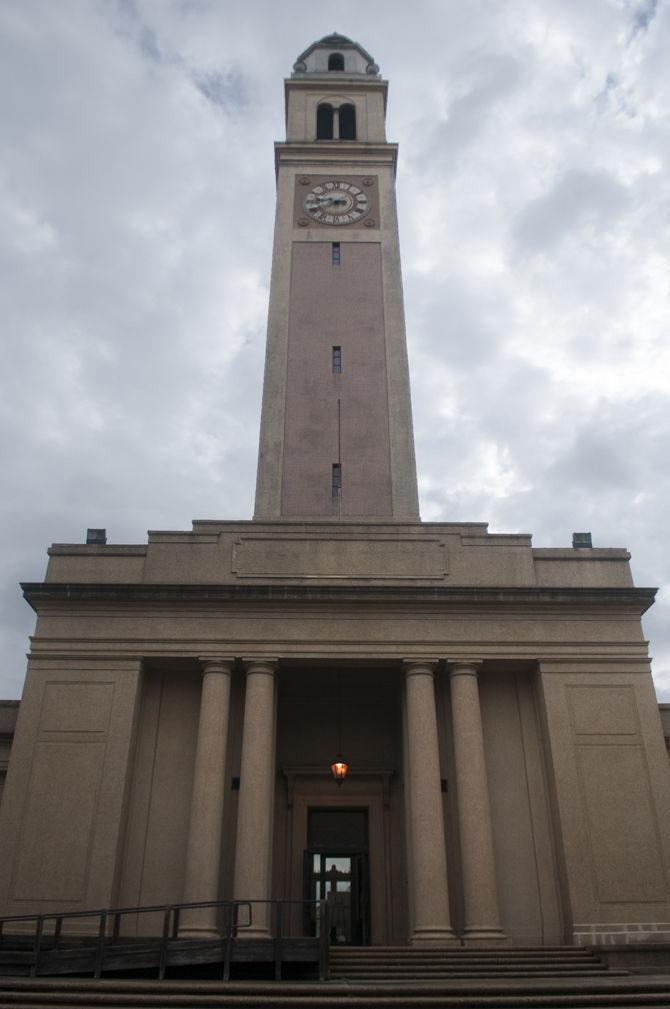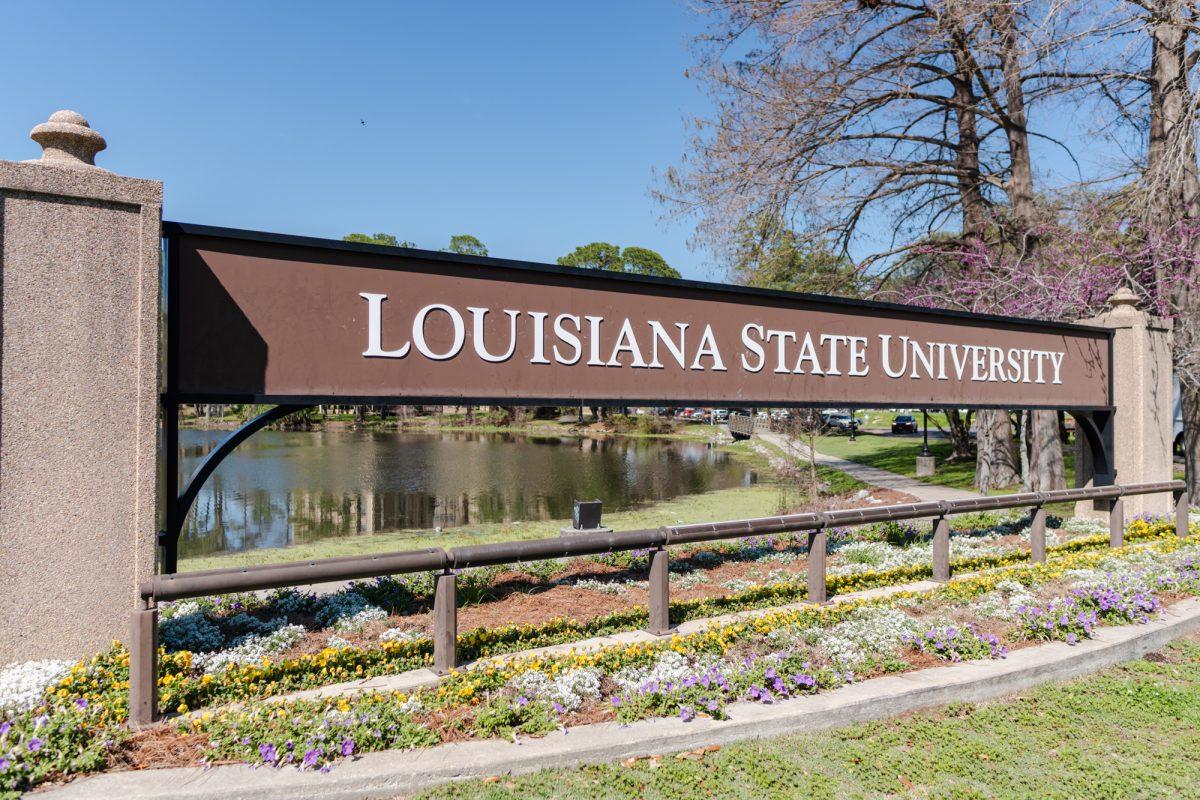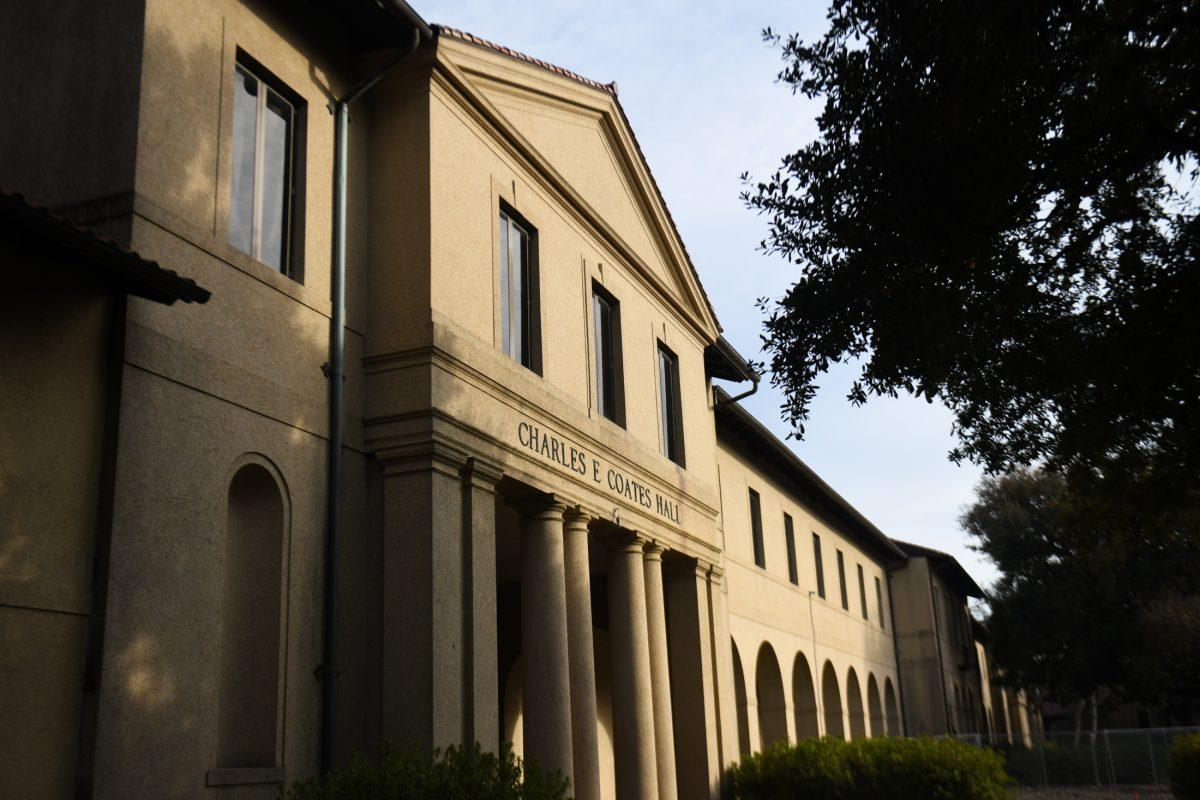Hopes for a mid-year faculty pay raise may be dimming as Louisiana’s Commissioner of Administration Jay Dardenne prepares to address the state’s remaining $315 million budget shortfall Friday.
The raise would bring a much-needed boost to faculty morale, LSU Faculty Senate President Kevin Cope said. Many faculty members feel betrayed that faculty compensation hasn’t kept pace with peer institutions, and a raise would show faculty the University is moving in the right direction, Cope said.
LSU President F. King Alexander said a faculty raise is a high priority for University administration. Despite this, nothing is imminent until the budget situation is resolved, LSU Media Relations Director Ernie Ballard said.
A pay raise may be difficult to institute regardless of the University’s intentions.
Division of Administration communication manager Cody Wells said Dardenne informed Commissioner of Higher Education Joseph Rallo that no pay raises would be approved this year. In June, Gov. John Bel Edwards suspended all performance-based pay raises for fiscal year 2016-2017, including those for University employees.
Cope said the Association of Louisiana Faculty Senates is advocating for Dardenne to grant university faculty an exemption from Edwards’ executive order. Universities are held to national standards, and adequate faculty compensation is crucial for Louisiana’s universities to remain competitive with peer institutions, he said.
Faculty compensation rates have suffered since the state’s current budget crisis began in 2008, Cope said. Prior to a 3 percent pay raise in the 2014-2015 school year and a 4 percent pay raise in the 2013-2014 school year, faculty members didn’t receive a pay raise for five years, according to the Office of Budget and Planning.
The lack of raises has placed the University at a disadvantage, Cope said. According to data from the National Center for Education Statistics, most of the University’s Flagship 2020 peer institutions exceed the University’s average professor salary by roughly $5,000 to $10,000.
The University can’t expect to maintain its reputation if faculty pay remains a backburner issue, he said.
“In no other place is average acceptable,” Cope said. “Average, in the case of football, would be a 6-6 season. That would not be acceptable.”
Cope said the University needs to make pay raises a habitual practice to improve the compensation disparity. At the very least, compensation needs to keep pace with inflation, and ideally keep pace with regional averages, he said.
Raises are critical to prevent faculty members from leaving the University. After years of standstill pay rates, many faculty members doubt the system will improve and are seeking employment elsewhere, Cope said.
Cope said between 2008 and 2014, the University’s faculty size decreased from 1,450 to 1,225. This number doesn’t provide an accurate picture, however, because it doesn’t take into account faculty members who were replaced, he said.
Continued faculty flight could create significant problems for the University, Cope said. Fewer faculty members will decrease the number of courses and laboratories offered as existing faculty struggle to manage increased workloads.
Additionally, replacing faculty members is often more expensive than maintaining the current faculty, Cope said. Replacing faculty members has associated recruitment costs and often the University will need to offer a more competitive starting salary to attract top candidates, he said.
Budget deficit may delay faculty raise
November 15, 2016
The Memorial Tower on Feb. 15, 2016.
More to Discover










